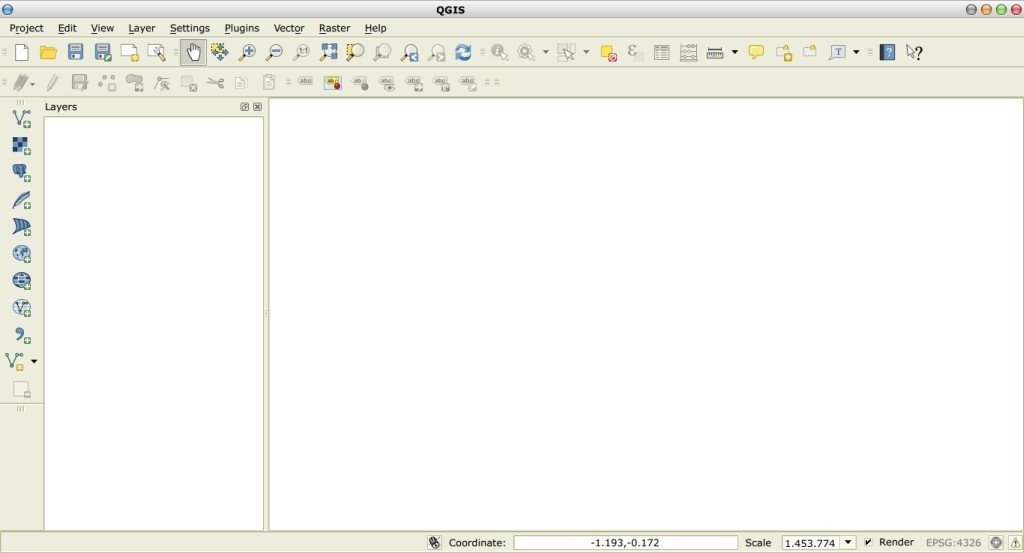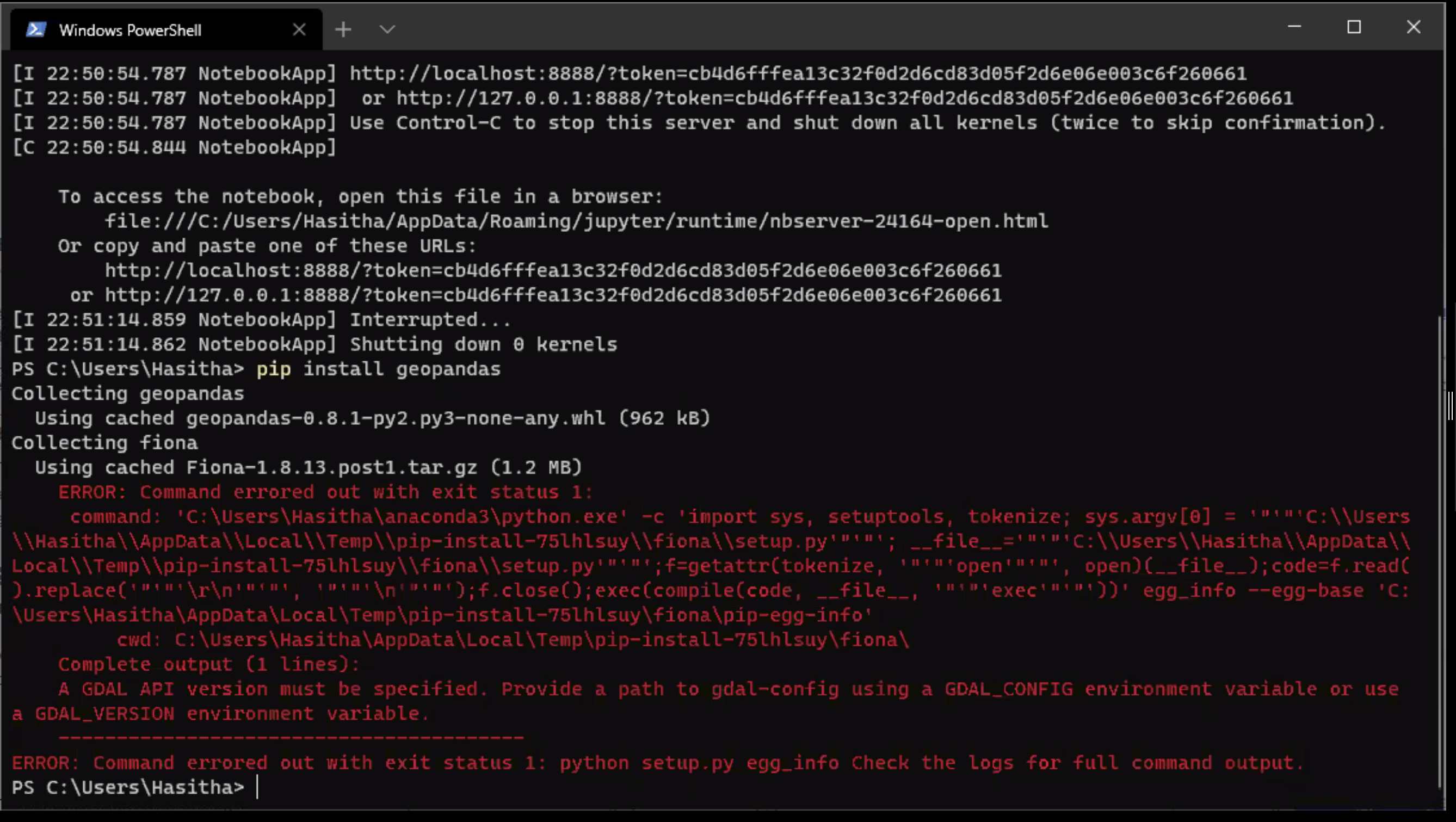


the parameters to run the Servlet Container, like heap memory, garbage collector and so on. Sudo mv geoserver-2.18.3.war /opt/tomcat/latest/webapps/geoserver.war Sudo wget -no-check-certificate "" -O geoserver-2.18.3.war Sudo chmod -Rf 775 /opt/data/gwc_cache_dir Sudo chown -Rf tomcat:www-data /opt/data/gwc_cache_dir Sudo chmod -Rf 775 /opt/data/geoserver_logs Sudo chown -Rf tomcat:www-data /opt/data/geoserver_logs Sudo chmod -Rf 775 /opt/data/geoserver_data Sudo chown -Rf tomcat:www-data /opt/data/geoserver_data Sudo mv /opt/data/data/ /opt/data/geoserver_data Sudo wget -no-check-certificate "" -O data-2.18.3.zip

MAC INSTALL GDAL FOR PYTHON 3 DOWNLOAD
# Download and extract the default GEOSERVER_DATA_DIR Sudo chown -Rf $USER:www-data /opt/data/logs Now you can start the Apache Tomcat 9 server and enable it to start on boot time using the following command: #TOMCAT_USAGE is the message if this script is called without any options TOMCAT_USAGE = "Usage: $0 case $1 in #TOMCAT_USER is the default user of tomcat export TOMCAT_USER =tomcat #CATALINA_BASE is the location of the configuration files of this instance of Tomcat export CATALINA_BASE =/opt/tomcat/latestĮxport CATALINA_PID =/opt/tomcat/latest/temp/tomcat.pid #Add Java binary files to PATH export PATH = $JAVA_HOME/bin: $PATH #CATALINA_HOME is the location of the bin files of Tomcat export CATALINA_HOME =/opt/tomcat/latest #!/bin/bash # BEGIN INIT INFO # Provides: tomcat9 # Required-Start: $local_fs $remote_fs $network $time # Required-Stop: $local_fs $remote_fs $network $time # Should-Start: $syslog # Should-Stop: $syslog # Default-Start: 2 3 4 5 # Default-Stop: 0 1 6 # Short-Description: Apache Tomcat init script # END INIT INFO #Location of JAVA_HOME (bin files) export JAVA_HOME =/usr/lib/jvm/jreĮxport JAVA_OPTS =file:///dev/urandom
MAC INSTALL GDAL FOR PYTHON 3 UPDATE
Sudo apt update -y sudo apt upgrade -y sudo apt autoremove -purge $> OpenJDK 64-Bit Server VM (build 25.265-b01, mixed mode ) # Install VIM Sudo update-java-alternatives -jre-headless -jre -set java-1.8.0-openjdk-amd64 Sudo apt install openjdk-8-jdk-headless default-jdk-headless -y Sqlite3 spatialite-bin libsqlite3-mod-spatialite libsqlite3-dev Git unzip gcc zlib1g-dev libgeos-dev libproj-dev \ Software-properties-common build-essential \ Libxslt1-dev libjpeg-dev libpng-dev libpq-dev libgdal-dev \ Python3.8-dev python3.8-venv virtualenvwrapper \ Sudo apt install -y build-essential gdal-bin \ Passages to completely get rid of old Docker images and volumes (reset the environment completely) Deploy a vanilla GeoNode 3.2.0 with Docker

Install the Docker and docker-compose packages on a CentOS host Install the Docker and docker-compose packages on a Ubuntu host Installation of required libraries and run locally Create Geonode service /etc/systemd/system/rvice Continue installing a recent python 3.8.x version. Install and enable HTTPS secured connection through the Let’s Encrypt provider Update the settings in order to update GeoNode and GeoServer services running on a public IP or hostname


 0 kommentar(er)
0 kommentar(er)
